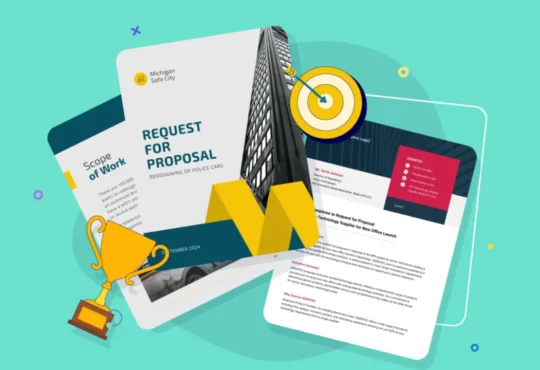Software testing is always in demand if you love technology, have good analytical skills, and want to choose your career. You can also learn how to be a software tester with proper planning and effort and develop some unique skills that distinguish you from others. Below is a summary of what are the most important steps in how to become software tester.
Learn The Fundamentals
First, you must learn the basics of software testing. You should know some basic notions like functional testing, security testing, usability testing, etc. You’ll need to understand other techniques, including Agile and Waterfall, that govern testing throughout the development cycle. In general, ensure that you possess high analytical ability and a detail-oriented character.
Get Some Basic Tech Skills
However, although there is no programming requirement, an ability to grasp the technological aspects of the job will go a long way in enhancing your performance as a software tester. Get used to computers, different operating systems, and the use of basic workplace productivity software. Most of the testers are taught some basic SQL, JavaScript, HTML, or other programming languages to gain more knowledge about the workings of the application.
Consider Getting A Relevant Certification
Some entry-level certifications that would work well even for first-time testers include the ISTQB, BBST, and ISEB certifications. Such a case involves the basic concepts of tests, such as testing terms, concepts, and key techniques, such as the ISTQB Certified Tester Foundation Level certificate. Instead, you may look for the relevant certification to demonstrate your commitment.
Specializations Within Automation Certification
In addition to core tester training, you may want to start developing specialized skills that make you stand out, like test automation. Test automation uses code instead of manual processes to test software. This is a highly valued skillset. One popular credential is the Selenium certification for test automation engineers. There are also certifications around test automation tools like HP’s Unified Functional Testing (UFT) software.
Get Some Practical Experience
One of the best ways to complement your education is to get hands-on practice. There are usually abundant volunteer opportunities, internships, and entry-level QA positions to help build out your resume. Focus on getting experience testing various web and mobile applications, documenting defects, writing test cases, and working on a quality assurance team.
Create A Quality Assurance Portfolio
As you learn skills and gain experience, compile them into an engaging portfolio. Outline all your educational achievements and knowledge of methodologies, toolsets, and programming languages. Showcase sample work products like test plans, test cases, or defect reports. Having a portfolio demonstrates hands-on skills and is a huge asset when job hunting.
Focus On Continued Learning
Software testing evolves quickly, so continuous skill development is key for career advancement and staying competitive in the job market. Take additional courses, attend conferences and webinars, earn higher specializations within automation certification, and stay on top of news and industry trends. There are always new methodologies, programming languages, automation tools, and testing best practices to learn.
Conclusion
Becoming an in-demand software tester is very feasible if you take a step-by-step approach over time. The keys are developing technical knowledge, getting hands-on experience, showcasing your skills, and emphasizing continued learning and growth. With some diligent effort, you can gain expertise in how to test software and become a highly skilled quality assurance professional.








